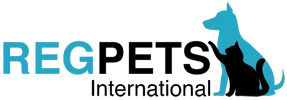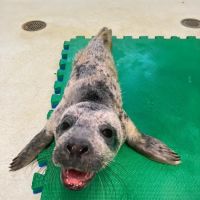Tynemouth Seal Hospital Introduce
For residents across England, particularly those in the North East, the presence of marine wildlife along our stunning coastline is a source of immense pride. However, sometimes these beautiful creatures, particularly seals, can find themselves in distress, requiring urgent and specialised care. This is where dedicated facilities like Tynemouth Seal Hospital play an absolutely crucial role, offering vital veterinary intervention and rehabilitation to ensure these animals have the best possible chance of returning to their natural habitat.
Tynemouth Seal Hospital is more than just a veterinary centre; it's a beacon of hope for seals found injured or unwell along the coastlines of Northumberland and even further afield. Staffed by a passionate team of volunteers and supported by Tynemouth Aquarium, this facility provides essential medical attention, often working in conjunction with organisations like the RSPCA and British Divers Marine Life Rescue (BDMLR). Their mission is clear: to nurse sick and injured seals back to health and successfully release them back into the wild, contributing significantly to local marine conservation efforts. It's a testament to the dedication of individuals and organisations committed to protecting England's diverse wildlife.
Tynemouth Seal Hospital is conveniently located at Grand Parade, Tynemouth, North Shields, NE30 4JF, UK. Situated right on the picturesque coastline of Tynemouth, this location is easily accessible for locals and visitors alike. Tynemouth itself is a well-known coastal town in North East England, making the hospital a prominent and recognisable fixture within the community.
For those travelling by car, there is typically parking available in the vicinity, though it's always advisable to check local parking regulations, especially during peak times. Public transport links are also robust, with bus services regularly connecting Tynemouth to surrounding areas within North Shields and further into Newcastle upon Tyne. The Tynemouth Metro station, part of the Tyne and Wear Metro system, offers a convenient and environmentally friendly way to reach the area, with the hospital being a pleasant walk from the station along the seafront. This excellent accessibility ensures that if you ever need to report a distressed seal or simply want to understand more about their vital work, reaching Tynemouth Seal Hospital is straightforward.
Tynemouth Seal Hospital provides a comprehensive range of services specifically tailored to the unique needs of wild seals. While not a typical veterinary practice for domestic pets, their specialisation in marine mammal care is unparalleled in the region.
- Rescue and Assessment: Working closely with organisations such as the RSPCA and British Divers Marine Life Rescue (BDMLR), the hospital receives seals that have been reported as sick, injured, or abandoned. Their initial assessment is crucial to determine the best course of action for each individual animal.
- Emergency Veterinary Treatment: This includes administering antibiotics, pain relief, and anti-inflammatories to address various ailments. They are equipped to handle a range of injuries, from those sustained by interactions with other animals (like dogs) or marine debris (such as fishing nets and plastic pollution), to infections like "seal mouth rot" which can cause severe abscesses.
- Surgery (as a last resort): In some severe cases, where non-surgical treatments are insufficient, local vets may perform surgical procedures. An example includes the removal of an eye if an injury is too severe for conservative treatment, with the aim of still returning the seal to the wild.
- Rehabilitation Programme: This is a critical phase, involving continuous monitoring, specialised feeding regimens, and a comfortable environment. Seals are weighed regularly to ensure they are gaining the necessary blubber for survival in the cold North Sea. They are fed high-quality fish, often equivalent to 10% or more of their body weight, gradually increasing as they recover.
- Post-Operative Care: For seals that have undergone surgery, dedicated care is provided to ensure proper healing and recovery.
- Socialisation and Preparation for Release: As seals recover, they are often encouraged to socialise with other recovering seals. This helps them re-adapt to being around their own kind and ensures they don't become overly reliant on human interaction, preparing them for a successful return to the wild.
- Tracking and Tagging: Before release, seals are often tagged. This allows for identification if they are ever rescued again, enabling access to their past medical records and providing valuable data for ongoing conservation efforts.
- Public Education and Awareness: While the hospital itself is not fully open to the public to minimise stress to the recovering animals, they contribute significantly to public awareness regarding marine wildlife, advising people not to approach seals and instead report distressed animals to the proper authorities.
Tynemouth Seal Hospital stands out for several key features and highlights that underscore its importance and commitment to animal welfare:
- Dedicated Volunteer Team: The hospital operates largely through the incredible efforts of its volunteer staff. These dedicated individuals provide daily care, often working long hours to ensure the seals receive the attention they need, from feeding to cleaning pens and administering medication. This commitment is often highlighted in positive customer reviews, praising the "amazing people" who staff the facility.
- Specialised Marine Mammal Focus: Unlike general veterinary practices, Tynemouth Seal Hospital possesses specific expertise in the unique physiology and behavioural needs of seals. This specialisation ensures the animals receive the most appropriate and effective care for their species.
- State-of-the-Art Facilities (for seals): The hospital has multiple pens for treating seals, including private rooms for those requiring a less stressful environment. They utilise specialised equipment, such as highly accurate weighing scales, which are critical for monitoring health and calculating precise medication dosages and food rations.
- Crucial Role in Wildlife Conservation: The hospital plays a vital role in the conservation of seal populations in the North East. By rehabilitating and releasing injured seals, they directly contribute to the health and sustainability of local marine ecosystems. Many seals rescued are young pups, giving them a second chance at life.
- Collaboration with Leading Animal Welfare Organisations: The seamless cooperation with groups like the RSPCA and British Divers Marine Life Rescue (BDMLR) ensures a prompt and effective response to reports of distressed seals, forming a critical network for wildlife protection.
- Innovative Rehabilitation Techniques: They employ thoughtful techniques, such as using donated wetsuits to replicate the texture of a mother seal's skin, providing comfort to young pups during their recovery. This attention to psychological as well as physical well-being demonstrates their holistic approach to care.
- Proven Track Record: Since its opening, Tynemouth Seal Hospital has successfully treated and released well over a hundred seals back into the wild, demonstrating their effectiveness and impact on marine wildlife conservation in the UK.
Should you come across a seal in distress or require further information about Tynemouth Seal Hospital's vital work, please use the following contact details:
Address: Grand Parade, Tynemouth, North Shields NE30 4JF, UK
Phone: 0191 258 1031
Mobile Phone: +44 191 258 1031
While the hospital is not generally open for public visits due to the sensitive nature of their work with recovering animals, they encourage the public to report any concerns about seals to the RSPCA or British Divers Marine Life Rescue, who will then coordinate with the hospital as necessary.
Tynemouth Seal Hospital represents an invaluable asset to the local community in England, particularly for those residing in the North East. For locals, this facility provides immense reassurance that if a wild seal is found in need, there is a dedicated and highly capable team ready to provide expert veterinary care and rehabilitation. The glowing reviews, such as the one from a customer who found an abandoned seal pup and praised the "amazing place staffed by amazing people," highlight the deep trust and appreciation the community has for their work.
Beyond the direct care for seals, the hospital fosters a sense of local pride and responsibility towards our unique coastal environment and its inhabitants. It serves as a reminder of the delicate balance of nature and the importance of human intervention when wildlife faces challenges. For families, it offers an indirect educational opportunity, promoting respect for marine life and encouraging responsible behaviour when on our beaches. By supporting Tynemouth Seal Hospital, through awareness, responsible reporting of distressed animals, or even through the Tynemouth Aquarium which owns the hospital, locals directly contribute to the health and well-being of the region's beloved seals, ensuring these magnificent creatures continue to thrive along England's beautiful coastline. It is a true community gem, providing a specialised and essential service that directly benefits the local ecosystem and offers peace of mind to animal lovers across the region.
Tynemouth Seal Hospital Services
Animal Hospital
- Seal Rehabilitation
Tynemouth Seal Hospital Details
Accessibility
- Wheelchair accessible entrance
- Wheelchair accessible parking lot
Tynemouth Seal Hospital Photos
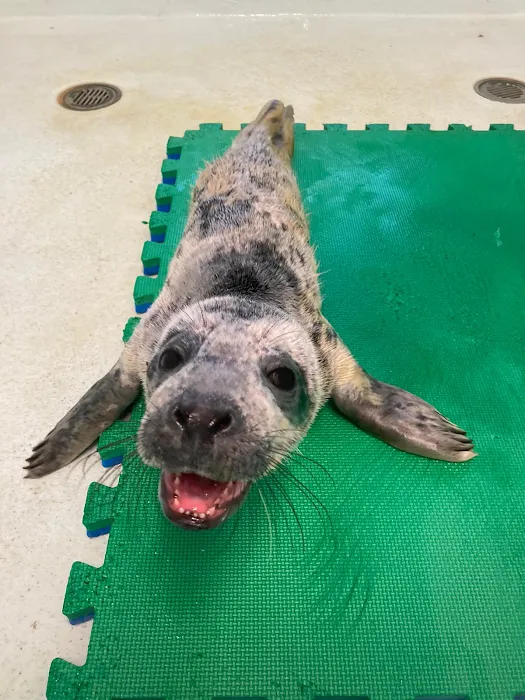
Tynemouth Seal Hospital Location
Tynemouth Seal Hospital
Grand Parade, Tynemouth, North Shields NE30 4JF, UK
Tynemouth Seal Hospital Reviews
I came across an abandoned seal pup on the walkway at South Shields near the pier. I contacted the Sea Life centre in Tynemouth and they put me in touch with the MLDR who arrived within 20 minutes.
February 06 · Brian SteelAmazing place staffed by amazing people!
April 22 · Andrew Carr- April 21 · Abbey Anderson
- December 15 · Stephen Wolstencroft
- April 25 · Michelle Mobberley
More Vets Near Me
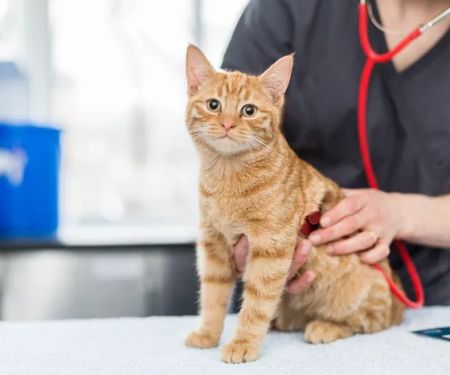 Moorview Vets4.0 (95 reviews)
Moorview Vets4.0 (95 reviews)97-99 Cauldwell Ln, Monkseaton, Whitley Bay NE25 8SR, UK
 firstvets - Billy Mill4.0 (90 reviews)
firstvets - Billy Mill4.0 (90 reviews)Lynn House, North Shields NE29 8HL, UK
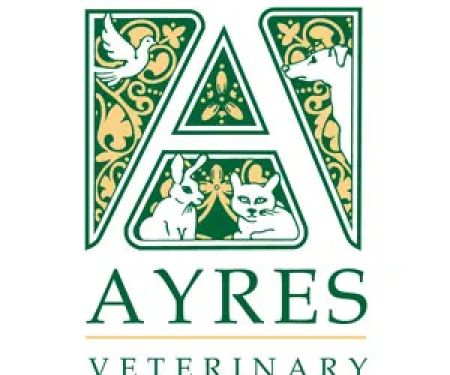 Ayres Veterinary Centre - Whitley Bay4.0 (56 reviews)
Ayres Veterinary Centre - Whitley Bay4.0 (56 reviews)71 Ilfracombe Gardens, Whitley Bay NE26 3LZ, UK
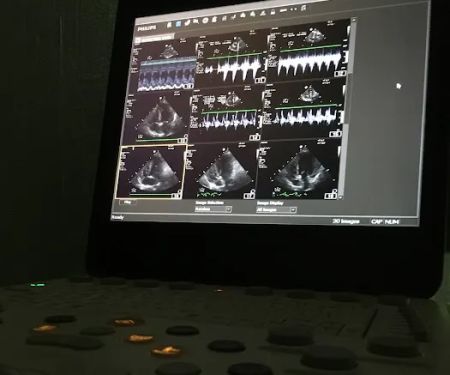 Veterinary Ultrasonography Support Ltd0.0 (0 reviews)
Veterinary Ultrasonography Support Ltd0.0 (0 reviews)37 Valehead, Whitley Bay NE25 9AY, UK
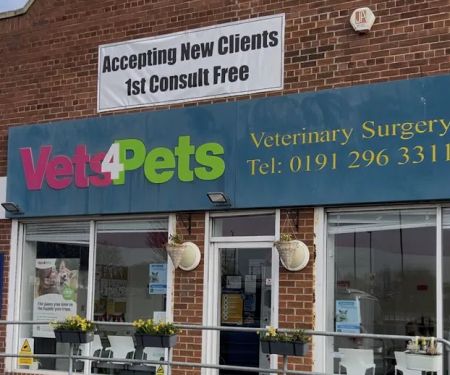 Vets4Pets - North Tyneside4.0 (484 reviews)
Vets4Pets - North Tyneside4.0 (484 reviews)18 Barnstaple Rd, North Shields NE29 8QD, UK
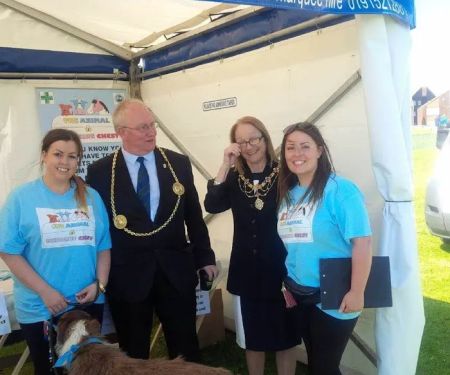 Animal Medicine Chest Ltd5.0 (1 reviews)
Animal Medicine Chest Ltd5.0 (1 reviews)Flagg Court Pharmacy Flagg Court Primary Care Centre, South Shields NE33 2LS, UK
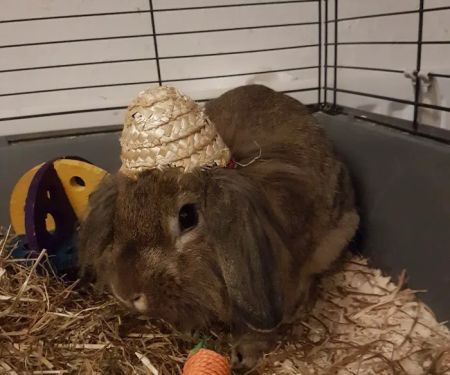 Vets4Pets South Shields Quays4.0 (256 reviews)
Vets4Pets South Shields Quays4.0 (256 reviews)Inside Pets at Home, Station Rd, South Shields NE33 1RD, UK
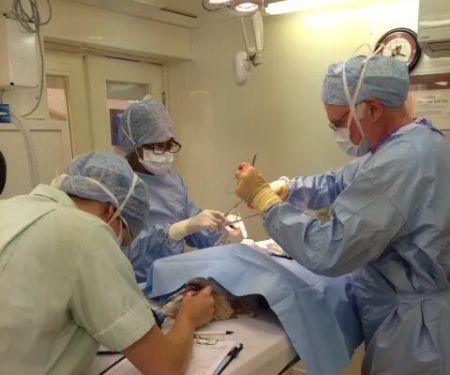 Ayres Veterinary Hospital - North Shields3.0 (67 reviews)
Ayres Veterinary Hospital - North Shields3.0 (67 reviews)Unit 7, Royal Quays, Coble Dene, North Shields NE29 6DW, UK
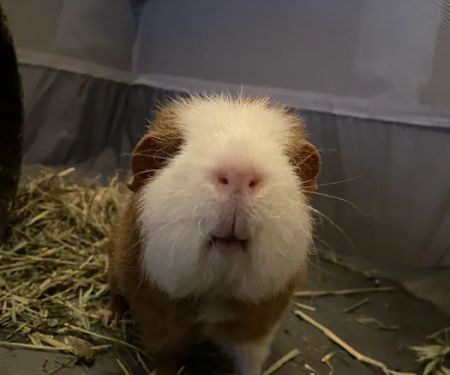 Westoe Vets Ltd4.0 (203 reviews)
Westoe Vets Ltd4.0 (203 reviews)157 Westoe Rd, South Shields NE33 3PD, UK
 Willows Veterinary Centre, South Shields Surgery4.0 (137 reviews)
Willows Veterinary Centre, South Shields Surgery4.0 (137 reviews)2 Stanhope Rd, South Shields NE33 4BU, UK
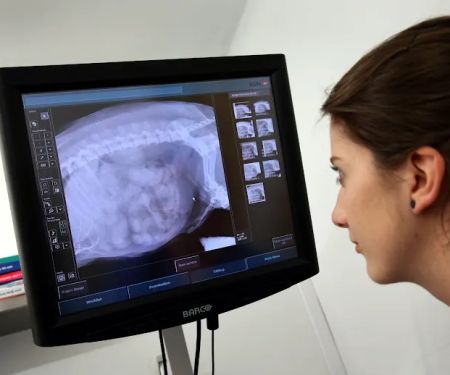 Westway Veterinary Group, Howdon4.0 (87 reviews)
Westway Veterinary Group, Howdon4.0 (87 reviews)12 Tynemouth Rd, Howdon, Wallsend NE28 0LF, UK
 Blythman & Partners - South Shields4.0 (73 reviews)
Blythman & Partners - South Shields4.0 (73 reviews)31 Boldon Ln, South Shields NE34 0AR, UK
Categories
Top Visited Sites
 MinMont Pets - Natural Choice5.0 (12 reviews)
MinMont Pets - Natural Choice5.0 (12 reviews) FussyCats4.0 (34 reviews)
FussyCats4.0 (34 reviews)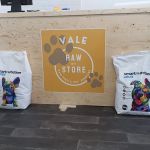 Vale Raw Store5.0 (62 reviews)
Vale Raw Store5.0 (62 reviews)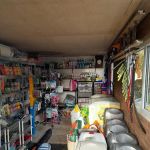 The Pet Store4.0 (46 reviews)
The Pet Store4.0 (46 reviews)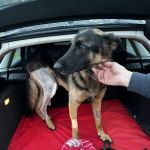 Lincolnshire Veterinary Specialists5.0 (21 reviews)
Lincolnshire Veterinary Specialists5.0 (21 reviews)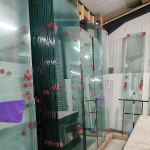 Aquariums4Life4.0 (45 reviews)
Aquariums4Life4.0 (45 reviews)Trending Pet Checkups Posts
 How to Choose the Right Pet Food for Your Dog or Cat | UK Pet Guide
How to Choose the Right Pet Food for Your Dog or Cat | UK Pet Guide How to Manage Your Pet’s Weight and Prevent Obesity: Expert Tips for Pet Owners
How to Manage Your Pet’s Weight and Prevent Obesity: Expert Tips for Pet Owners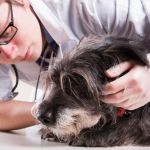 Top 10 Urgent Signs Your Pet Needs to See a Vet in the UK
Top 10 Urgent Signs Your Pet Needs to See a Vet in the UK How to Handle Emergency Situations with Your Pet: A Comprehensive Guide
How to Handle Emergency Situations with Your Pet: A Comprehensive Guide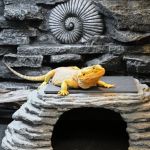 Vaccination Guide Explained: Keeping Your Reptiles Healthy in the UK
Vaccination Guide Explained: Keeping Your Reptiles Healthy in the UK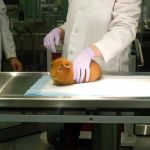 Vet-Approved Weight Management for Guinea Pigs – UK Care Guide
Vet-Approved Weight Management for Guinea Pigs – UK Care Guide